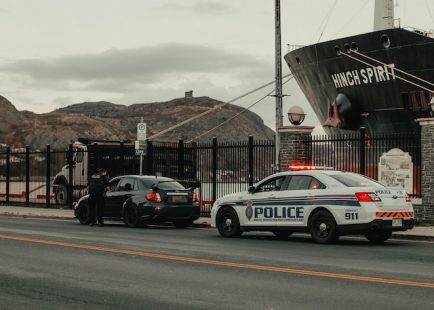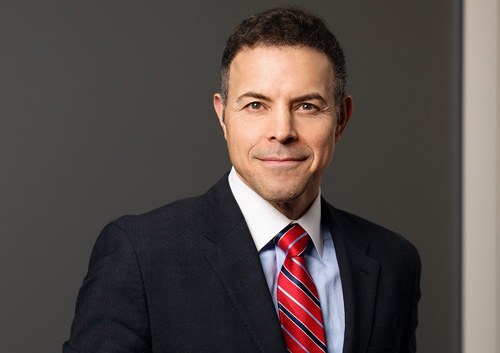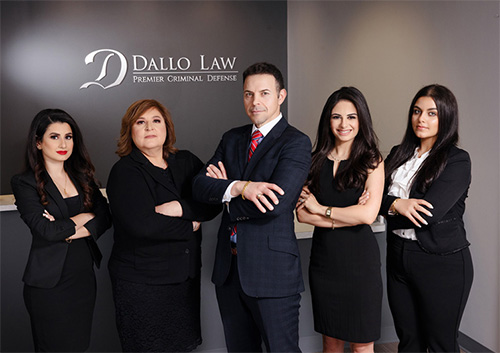
Driving a car is a privilege, not a right, and to keep that privilege, you need to follow the rules. When you drive, you are subject to traffic laws and codes, and if you’re caught breaking these laws, there can be serious consequences. Hopefully, you’ll never get pulled over and find yourself looking up at an unhappy police officer, but just in case, it’s a good idea to learn about traffic violations and what to do if you get a ticket.
Understanding Different Types of Traffic Violations
- Infractions: Most traffic violations are infractions, which are the least serious kind. An infraction is against the law but doesn’t merit criminal prosecution. Often, you’ll have to pay a fine for an infraction. Examples include failing to wear a seat belt or speeding.
- Misdemeanors: The term “misdemeanor” conjures up images of slightly less serious crimes, which is what these traffic violations are. You won’t always have to go to jail for a misdemeanor, but it is possible. If you’re caught doing something like driving under the influence or driving without a license, you’ll likely be facing a misdemeanor.
- Felonies: Felonies are the most serious offenses and can come with a sentence of up to five years in jail. If you commit more than one misdemeanor, you could find yourself facing a felony charge. Examples include vehicular homicide and leaving the scene of an accident.
Traffic Infractions
Speeding
Speeding has been and continues to be a common traffic infraction. It’s also quite easy to avoid: Just keep an eye out for speed limit signs and drive below the posted limit.
Failing to Stop or Yield
Stop signs and red lights aren’t just suggestions, and you can’t just slow down and roll through them. If you don’t come to a complete stop, you can get a ticket. The same is true if you don’t yield the right-of-way when you’re required to do so.
Failing to Signal
If you forget to use your turn signal when you’re turning left or right, this is an infraction. Signal lights are important because they tell other drivers what they should expect you to do.
Operating a Vehicle Without Proper Lighting
If you don’t have your headlights on after dark, your vehicle will be harder for other drivers to see. You can also get a ticket if one of your lights is broken, though you can often get this type of ticket dismissed once you get the light fixed.
Seat Belt Violations
Wearing a seat belt can protect you from serious injury if you’re involved in a crash, which is why it’s required almost everywhere.
What to Do When You Get a Violation
You have three options once you get a ticket:
- Pay the Ticket and Get Points on Your License: If you did what you’re accused of and you don’t have any grounds to try to get the ticket dismissed, you can just pay it. However, depending on the offense, you may get some amount of points put on your license.
- Pay the Ticket and Go to Traffic School to Avoid Points: Often, you can take a defensive driving course and have a certain number of points removed from your license. Since having points can lead to losing your license, it’s a good idea to try to get them removed once you pay your fine.
- Fight Back: If you believe that you’re not guilty of what the ticket says you did, you can go to court and argue your case. If this is your first ticket and it’s a minor infraction, the court may offer you a plea deal, allowing you to just pay a small fine and not get any points. You may also be able to get the ticket dismissed entirely, though you’ll probably need a lawyer to help you make your case.
License Points: What Are They, and How Do They Impact Drivers?
Points are negative marks on your driving record. The penalties for traffic violations can include points, and if you get a certain number of points, you can lose your license. In some states, the number of points you can get before you lose your license is actually lower for a new driver than for others, making it particularly important that teens avoid getting points on their license.
Consequences for Teenage Drivers
Failing to obey traffic laws can have a wide range of serious consequences. At a minimum, you might need to pay a fine, and if you’re under 18, you might face punishment from your parents, too. But you could also end up having to pay a large fine, losing your driver’s license, or even going to jail. Also, some traffic violations, like driving under the influence, can actually cause injuries or even deaths.
Additional Resources
- Examples of Minor Traffic Violations: You can get a ticket for lots of different things, including driving on the shoulder, speeding, and not using your signal light when you make a turn.
- Teen Drivers: Get the Facts: Learn about the dangers of driving and how you can keep you and your passengers safe when you’re behind the wheel.
- Setting Consequences for a Teen’s Poor Driving: Parents are likely to impose their own punishments if you get a ticket.
- How Driver’s License Points Work, and How Much They’ll Cost You: When you break the law behind the wheel, you might end up being given points as well as a fine. If you get enough points, you’ll lose your license.
- The Point System: Even diplomats have to be careful to follow traffic laws, and when they get enough points on their driving record, they can lose their driving privileges.
- Seven Things You Need to Know About Driver’s License Points: Getting points on your license can also make your car insurance rates go up.
- Points and Point Suspensions: Every state has its own rules about points, but here’s Florida’s points list to give you an idea of what different offenses can be worth.
- What Happens After You Get a Traffic Ticket? The first step you’ll need to take after you get a ticket is to decide whether you’ll pay it or try to fight it in court.
- Ticket Dismissal: There are a few different reasons why you could get a ticket dismissed rather than having to pay it.
- Speeding Ticket Errors: If there’s a small mistake on your ticket, the court can probably just fix it, but if there’s a big mistake, you might be able to use that as grounds to get the ticket dismissed.
- What to Do When You’re Stopped by Police: Follow these rules to keep everyone safe when you’re pulled over.
- Traffic Violations and How to Defend Yourself: An attorney can help you to protect your legal rights and may also be able to get your ticket reduced or dismissed.
- What Drivers Should Be Ready to Do if They Are Pulled Over: Make sure you have all of your documents with you in the vehicle in case you get stopped.
- How Is Bail Set for Traffic Violations? Serious traffic offenses can bring the possibility of jail time.
- Traffic Violations in California: While traffic laws differ from state to state, this page can give you a general idea of what the different types of traffic violations are.
This page was last updated by Jalal J. Dallo










